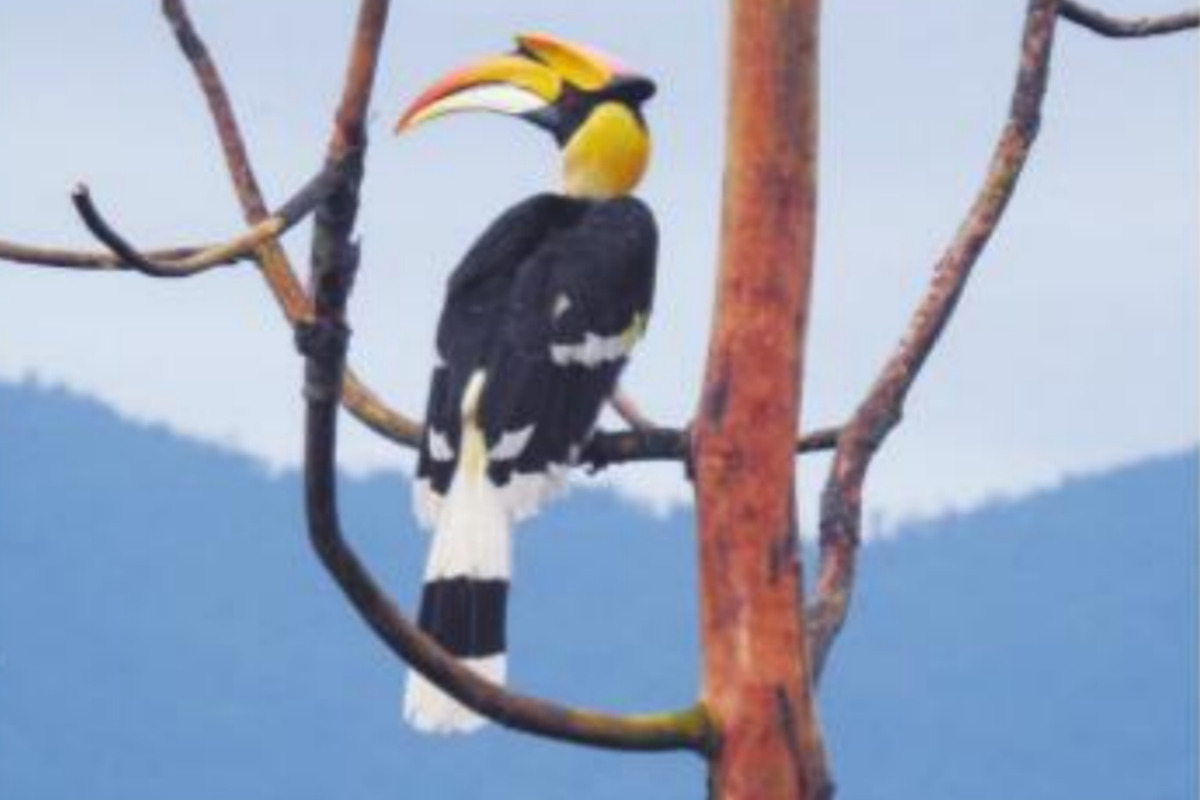Curtain Raiser: Darjeeling, Raiganj, Balurghat sees hectic activities before polls on Friday
People of three parliamentary constituencies in north Bengal will exercise their franchise in the second phase of the 18th Lok Sabha polls on 26 April.
The North Bengal region harbours five hornbill species like Great, Oriental Pied, Rufous-necked, Wreathed and Indian Grey hornbills.

A three-day ‘Conservation Action Planning’ workshop was held here from 21 February to discuss and formulate an action plan for hornbill species in this region.
The North Bengal region harbours five hornbill species like Great, Oriental Pied, Rufous-necked, Wreathed and Indian Grey hornbills.
Of them three species (Great, Rufous-necked and Wreathed hornbills) are globally threatened and listed as ‘vulnerable’ in the IUCN (International Union for Conservation of Nature) Red List.
Advertisement
The workshop was organized by the Nature Conservation Foundation, Nature Mates-Nature Club, Zoo Outreach Organization and the IUCN Conservation Planning Specialist Group and the Hornbill Specialist Group.
At least 38 participants mainly from the North Bengal region and adjoining states Sikkim, Assam, and even from Bhutan were present.
West Bengal forest department officials, scientists, researchers from different NGOs, community members, nature guides and civil society members also attended the workshop.
At the end of the 3-day workshop, a conservation plan for hornbills in North Bengal was drafted Key outcomes include plans to survey hornbill populations, protect and restore key forest habitats, nest and food trees, work with communities to generate awareness and pride about hornbills.
“This is a wonderful avenue to bring together agencies and individuals having readiness to work for hornbills in the region. I am personally delighted to undergo a training process of species conservation planning and also getting a regional hornbill conservation action plan being developed”, said Dr Sherub, researcher, Ugyen Wangchuck Institute for Forestry Research and Training, Bhutan.
“This workshop played a major role in bringing together researchers and all relevant stakeholders under a single platform to connect, collaborate and foster better future for majestic hornbills,” said Sunita Khatiwara, Research Officer, Sikkim forest department.
The event was attended by Ujjal Ghosh, APCCF (Wildlife), North Bengal, Dr Sanjay Molur, Zoo Outreach Organization who facilitated the workshop and others.
Advertisement